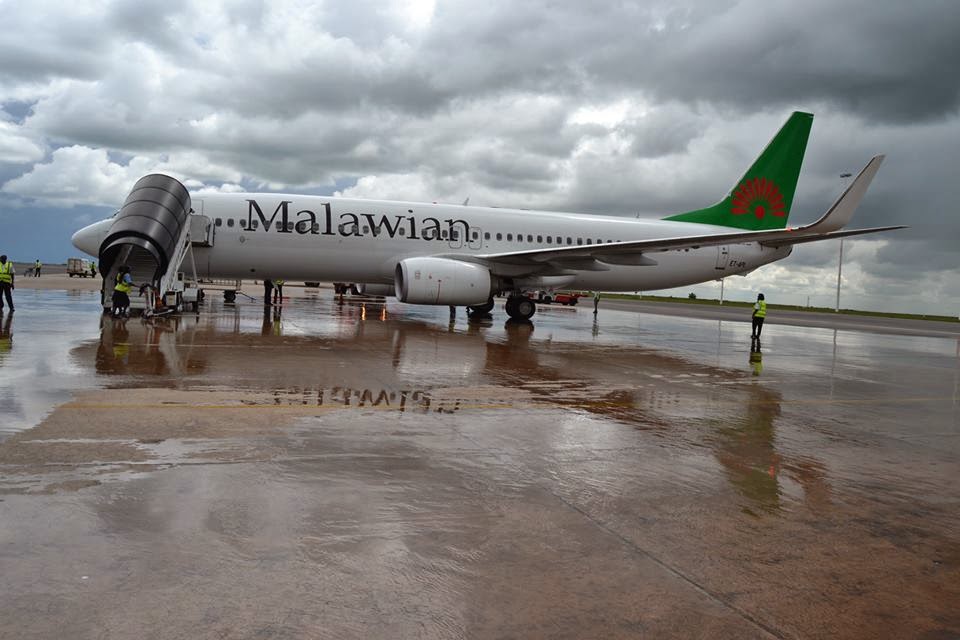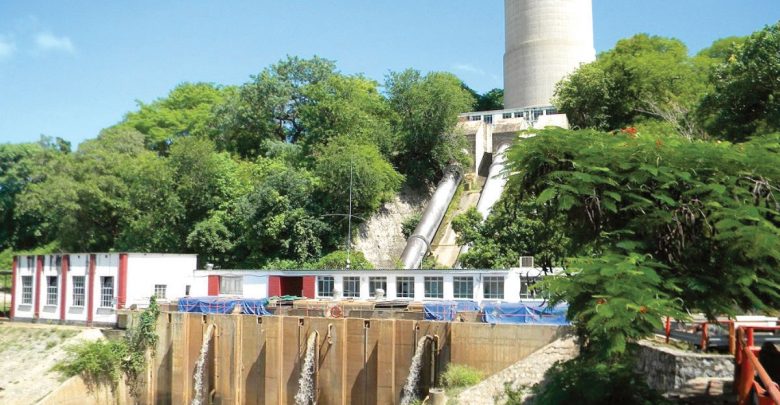Malawi continues with its roller coaster fall on the international business rankings as it has slipped six places from 151 to 157 out of 185 global economies on the 2013 World Bank Doing Business index.
According to the Doing Business 2013: Smarter Regulations for Small and Medium-Size Enterprises, released on Monday, Malawi performed miserable in areas of dealing with construction permits and paying taxes, but did well in the area of trading across borders.
The report assesses regulations affecting domestic firms in 185 economies and ranks the economies in 10 areas of business regulation, such as starting a business, resolving insolvency and trading across borders.
The report covers data measured from June 2011 through May 2012.
“Malawi made dealing with construction permits more expensive by increasing the cost to obtain the plan approval and to register the property,” reads the report.
On paying taxes, the report says Malawi introduced a mandatory pension contribution for companies.
On the positive side, trading across borders became easier in Malawi, thanks to improvements in customs clearance procedures and transport links between the port of Beira in Mozambique and Blantyre.
The report ranks Malawi on position 141 out of 185 in starting a business, 97 out of 185 in registering property, 168 out of 185 in trading across borders, 129 out of 185 in getting credit, 175 out of 185 in dealing with construction permits, 144 out of 185 in enforcing contracts, 179 out of 185 in getting electricity and 82 out of 185 in protecting investors.
The country also ranked on 134 out of 185 in resolving insolvency and 58 out of 185 global economies in paying taxes.
World Bank Senior Private Sector Development Specialist, responsible for Malawi and Zambia Brian Mtonya attributed Malawi’s slip on the rankings to the fast-paced reforms being implemented by other countries in the world.
“Most countries registered an average of three reforms as compared to one for Malawi. Therefore, there is a need for the country to fast track the way it is implementing critical reforms in improving the business climate,” said Mtonya in an interview from Lusaka in Zambia.
Two more countries, Bahamas and Malta, have also been added to the rankings, bringing the number of economies under review to 185, according to Ntonya.
Industry and Trade Minister John Bande admitted on Tuesday that the business climate before May 2012 left a lot to be desired as many reforms were hanging in the Office of President and Cabinet.
“When President Joyce Banda took over office in April this year, she pushed for the enactment of a number of reforms. So far, we have already passed 12 reforms and another three will be addressed in the next sitting of Parliament,” said Bande.
He said Malawians should expect a significant improvement in the rankings come next year.
Bande said, among others, the president has given permission for the government to proceed on a one-stop-border-post concept which should help achieve speedy transactions at borders.
He said the merger of the Malawi Investment Promotion Agency and the Malawi Export Promotions Council into the Malawi Investment and Trade Centre was also a key reform that should count significantly during the next round of rankings.
President Banda earlier this month said during a two-day 6th African Investment Conference in South Africa that she is determined to take Malawi into the top 100 of the World Bank doing business ranking.
She said her government is doing everything possible to deal with all political and economic governance challenges in order to stabilise the economy.
Zambia is Malawi’s top neighbour on the rankings at position 94 followed by Tanzania at position 134. Mozambique is on position 146 out of 185.
Singapore topped the global ranking on the ease of doing business for the seventh consecutive year, followed by Hong Kong, China; New Zealand; the United States; and Denmark. Georgia was a new entrant to the top 10.
Poland was the global top improver in the past year.




